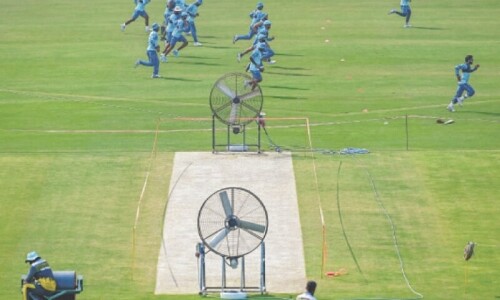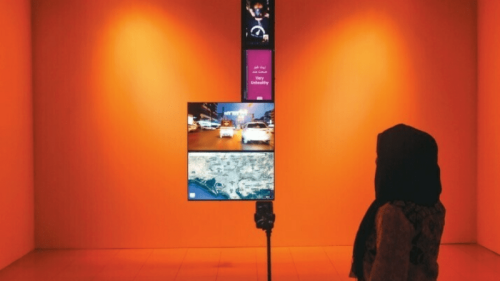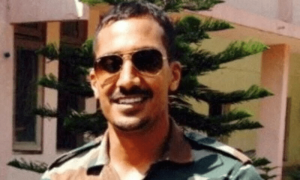LAHORE: Fine tickets are not reaching thousands of actual violators of traffic laws being captured by the Punjab Safe Cities Authority (PSCA) cameras under the e-challan system as there is no official record to show who owns the vehicles at present.
Though getting vehicles transferred in the name of a new buyer within a specific period of time is a legal requirement, the absence of any enforcement mechanism encourages many to avoid this legal obligation.
Officials say the practice has been going on since long, but the issue has surfaced only after the government started e-challaning the violators in September this year.
Under the new system, the fine tickets are sent to the addresses of the owners of the vehicles which are spotted violating traffic rules, including jumping the signal or stopping ahead of a zebra crossing, through the PSCA’s cameras.
As the authority started delivering the fine tickets, in many cases it transpired that these were not the addresses of the violators who presently owned the vehicles.
This results in a complex situation as the recipients of tickets are not bound to pay the fine, and the violators are not aware of issuance of any fine ticket.
In some cases, the fine slips are reaching the residences of the people who had sold the vehicles (now fined) even over a decade ago. During this period, the vehicles have changed many hands, making it impossible for the authority to detect who presently owns them.
According to the PSCA officials, over 15,000 such vehicles have been detected since the beginning of the e-challaning in Lahore. A majority of these vehicles are cars, indicating these are sold more frequently than any other vehicle. The rest include rickshaws and vans. Motorcycles are only a few as people do not sell these very often.
The officials of the excise and taxation department, which registers vehicles in the province, say the law provides for the transfer of ownership of vehicles within one month. But as the department has no mechanism to enforce this legal provision, people do not get vehicles transferred in their own names, mainly to avoid fees.
“Yes, the non-transferred vehicles are a problem for the law enforcement agencies and for the people (concerned) as well. A citizen complained to us that he sold a vehicle over a decade ago and is still facing income tax issues because it has not yet been transferred to the new owners, which appear (to be) several,” said PSCA spokesperson Tauseef Sabih.
A local doctor who requested anonymity said that he had received a fine ticket of a vehicle which he had sold before going abroad many years ago. “This time it is a fine ticket. There may be an intimation of a crime or accident involving the vehicle in future and despite not owning it (now), I may be required to prove my innocence,” he said.
Officials of both the PSCA and the excise department say they are moving towards resolving this issue because it may invite serious implications even for innocent people not involved in any crime, only because the official record still shows them as the owners of such a vehicle. The e-challaning has started proving its utility by detecting this flaw in the system, they say.
Excise Director General Akram Ashraf Gondal said the department had asked the PSCA to start getting current data of the vehicles from it as an immediate measure to handle the issue. Till a few days ago the department was sharing old data with the authority.
He said as a long-term measure, the department was going to make it binding for the owners of all types of vehicles to get or show the transfer letters at the time of the payment of token fee. It had also recently requested the government to allow it to introduce bio-metric system for the sale and purchase of vehicles. This would force people to have the vehicles transferred in their names immediately after buying these because of the requirement of establishing identity of both the seller and the buyer through the matching of their fingerprints with the National Database and Registration Authority (Nadra) record.
Mr Sabih said locating the actual owner of a vehicle was not the PSCA’s responsibility, but the government had started nabbing multiple traffic rules violators no matter they were driving transferred vehicles. “The Dolphin Force has recently impounded a small car whose owner did not pay 30 fines. It was released only after the owner paid the entire fine,” he said.
“We all are figuring out how to remove the defects (in the new system),” he said.
He said out of 24 codes of traffic, the authority first enforced two -- jumping the signal and stopping vehicles ahead of a zebra crossing. Two others – over speeding and changing lines and lanes – were being introduced from Monday (today). The practice of impounding vehicles of habitual violators would also be intensified soon, he said.
Published in Dawn, November 26th, 2018















































